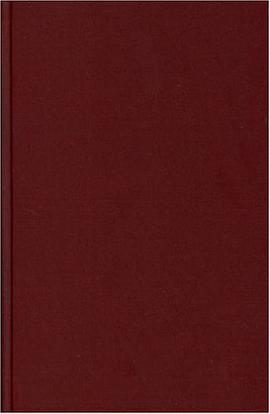

具体描述
By examining the motif of ruination in a variety of late-eighteenth-century domains, this book portrays the moral aesthetic of the culture of sensibility in Europe, particularly its negotiation of the demands of tradition and pragmatism alongside utopian longings for authenticity, natural goodness, self-governance, mutual transparency, and instantaneous kinship. This book argues that the rhetoric of ruins lends a distinctive shape to the architecture and literature of the time and requires the novel to adjust notions of authorship and narrative to accommodate the prevailing aesthetic. Just as architects of eighteenth-century follies pretend to have discovered 'authentic' ruins, novelists within the culture of sensibility also build purposely fragmented texts and disguise their authorship, invoking highly artificial means of simulating nature. The cultural pursuit of human ruin, however, leads to hypocritical and sadistic extremes that put an end to the characteristic ambivalence of sensibility and its unusual structures.
作者简介
目录信息
读后感
评分
评分
评分
评分
用户评价
相关图书
本站所有内容均为互联网搜索引擎提供的公开搜索信息,本站不存储任何数据与内容,任何内容与数据均与本站无关,如有需要请联系相关搜索引擎包括但不限于百度,google,bing,sogou 等
© 2026 book.wenda123.org All Rights Reserved. 图书目录大全 版权所有




















